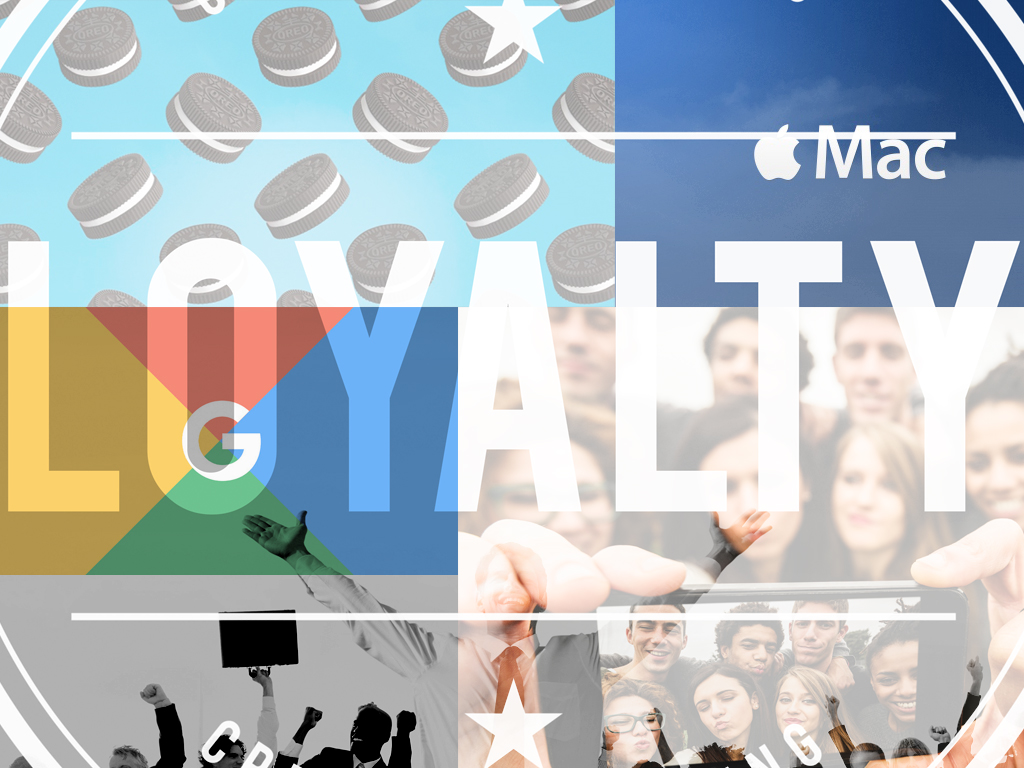A compelling new report ‘Debunking the Millennial Myth’ published by media communications agency, Initiative, has helped to define mood, opinions, and outlook of the so-called ‘Millennial’ generation. It makes for fascinating reading, especially so for brands and marketers looking to understand their audiences better. As the first generational cohort defined by a digital, connected world, the million dollar question for marketers has to be: how can millennial insights inform us about the future of digital marketing?
Introducing Millennials
As the only generation to have grown up in an age of rapid digital transformation, millennials, or those born in the 1980s and ’90s, are a unique prospect for brands and marketers. A generation defined by values that are constantly challenged, Initiative terms them “reset generation,” or more specifically, “a group who had to continually reset their expectations and refocus their lives, acknowledging that their opportunities differed to those of previous generations.” In a sense, it has required marketers to reset too, in order to connect with them.
Amongst Initiative’s findings, which surveyed 10,000 millennials across 19 countries, were a number of clear, and highly discernible trends. Millennials, Initiative states, are the most “self-aware, brand-aware generation to date”, with 30 percent “cynical about the way brands market to them.” In the UK and U.S., this figure rises to 40 percent.
But it isn’t all negativity. Initiative identified three common themes that define millennials:
- Adaptability.
- Collaboration.
- Creativity.
A product of an extremely volatile global economy, the growth of digital startups as a result of technological change, and an empowering sense of freedom and choice greater than any of the previous generations, has resulted in “the most creative generation yet, defined by its adaptability and resilience.”

(Source: ‘Debunking the Millennial Myth’ Report, initiative)
Hard facts about millennials:
- 30 percent are cynical about the way brands market to them.
- That figure is even higher in the UK and US at 40 percent.
- 72 percent have suffered personally as a result of the recession.
- 65 percent are employed full time.
- 36 percent have experienced a cut in their income.
- 28 percent have experienced job loss.
- The level of severe or high anxiety about the economy has increased 64 percent.
- 59 percent worry about not having enough money to retire.
- 32 percent are single.
- 59 percent don’t have children.
- 35 percent are living with their parents.
- 54 percent would be more loyal to brands that help improve ecological or societal issues.
- 59 percent believe brands should actively participate to improve causes.
- Millennials worry about their finances — price is important.
- Millennials value brands that build on emotional connections and that are useful to them — they prize honesty and authenticity.
- Millennials love brands that are prepared to take risks, make mistakes and, importantly, acknowledge when they make mistakes.
- Millennials like to be involved in a brand’s creative process.
- Online reviews are the “most powerful” source of information for millennials.
(Source: ‘Debunking the Millennial Myth’ Report, initiative)
What Millennials Expect From Brands
As a result, Initiative puts forth, millennials “want brands to take risks, understand their financial concerns and do more to address today’s societal and ecological issues.”
Defined by external circumstances, millennials value and relate to brands that are useful to them, and with which they can build emotional connections. Above all “they prize truth and authenticity in brands”.
Furthermore, millennials are aware of how much power they have as customers, and expect brands to value their concerns and treat them with respect. As a final key point, pricing is very important for millennials (the result of nigh on a decade of economic uncertainty).
How Do Millennials Make Their Choices?
Initiative’s study revealed that online research was both the most powerful, and the most influential, source of information for millennials.
A large majority, 68 percent, of millennials have made product comments online. As one individual (Eliza from Chicago) surveyed by Initiative stated:
“There’s no way that my neighbor knows more than thousands of online reviews, so why should I trust them more? Plus, if they had an opinion, they should have shared it online.”

(Source: ‘Debunking the Millennial Myth’ Report, initiative)
How Can Brands Target Millennials?
The value and emphasis millennials place on online research and collaborative opinions, has reinforced the value of social media as a marketing instrument for brands looking to target millennials.
The report included a list of top takeaways for brands looking to target millennials:
- If you’re targeting millennials, build your strategy from the smartphone out.
- Be where they are: make your brand more visual — take your lead from their social media behavior.
- Remember to view brand reviews through a global lens.
- Brands can learn a huge amount from the energy and enthusiasm with which millennials share opinion and advice online for no obvious reward. Traditionally, brands and businesses have seen the sharing of information as a sign of “weakness” or competitive risk. Brands that give to receive in the short term run a heavy risk of alienating a smart millennial audience.
- No slogans or storyboards are truly new; what makes one brand better than another is how relevant it is to you.
Millennials are a defining generation of the digital age. Brands and marketers should rightly play close attention to their concerns as a signal for the future direction of consumer-centric brand marketing.
You can download Initiative’s full report here.
Does your brand target millennials? Will you adjust your millennial marketing strategies based on these findings?


